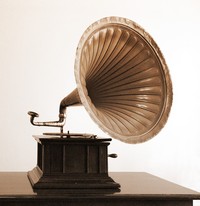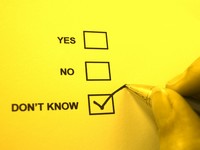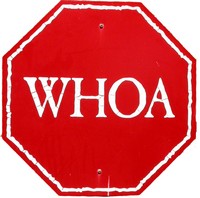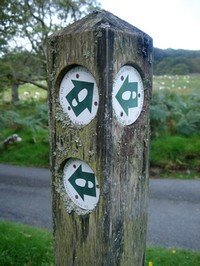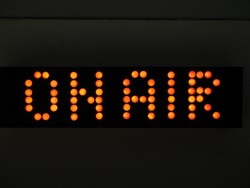I received a question in response to this post about sound trademarks.
- 'What has to be provided to trademark a particular sound?'
According to TRIPs the ability to file and register a sound trademark "depends on [the] aural perception of the listener which may be as fleeting as the sound itself unless, of course, the sound is so inherently different or distinctive that it attaches to the subliminal mind of the listener to be awakened when heard and to be associated with the source or event with which it struck."
Okay, now what does that actually mean? Basically, the sound has to be 'inherently different or distinctive' in that when someone hears it the sound is associated with the mark.
For instance, MGM has successfully filed and registered their distinctive lion's roar. To see more sound trademarks, go here.
Filing a sound trademark application is similar to filing a traditional trademark except in respect to the sound itself. Further details can be found here.
- 'In The US what does this cost to trademark a sound?'
The filing fee for the USPTO is determined by the number of classifications filed and not by the type of mark. The USPTO filing fee is $325 per International Class.
- 'Are there many countries where sounds cannot be trademarked?'
There are different rules and restrictions, which more can be read about here.
sound trademark
sound trademarks
trademarkstrademark
trademark information

